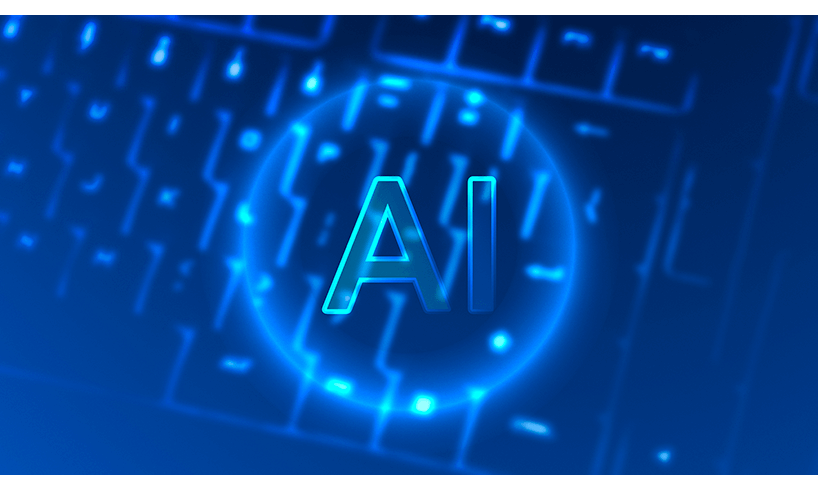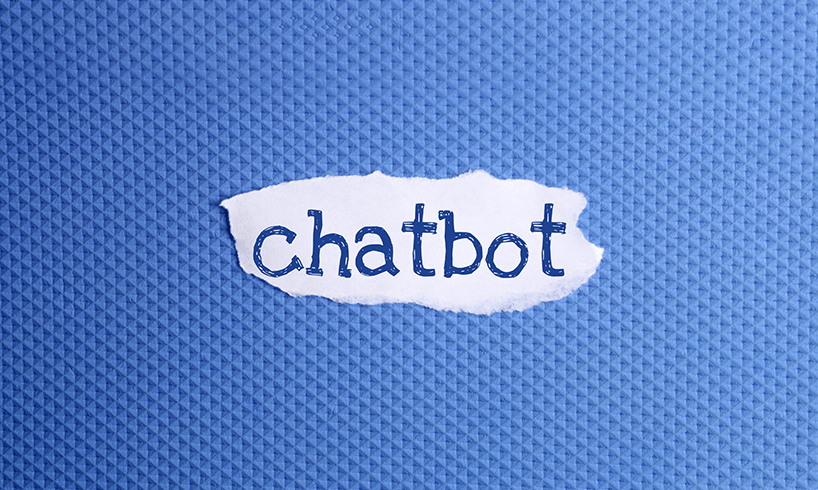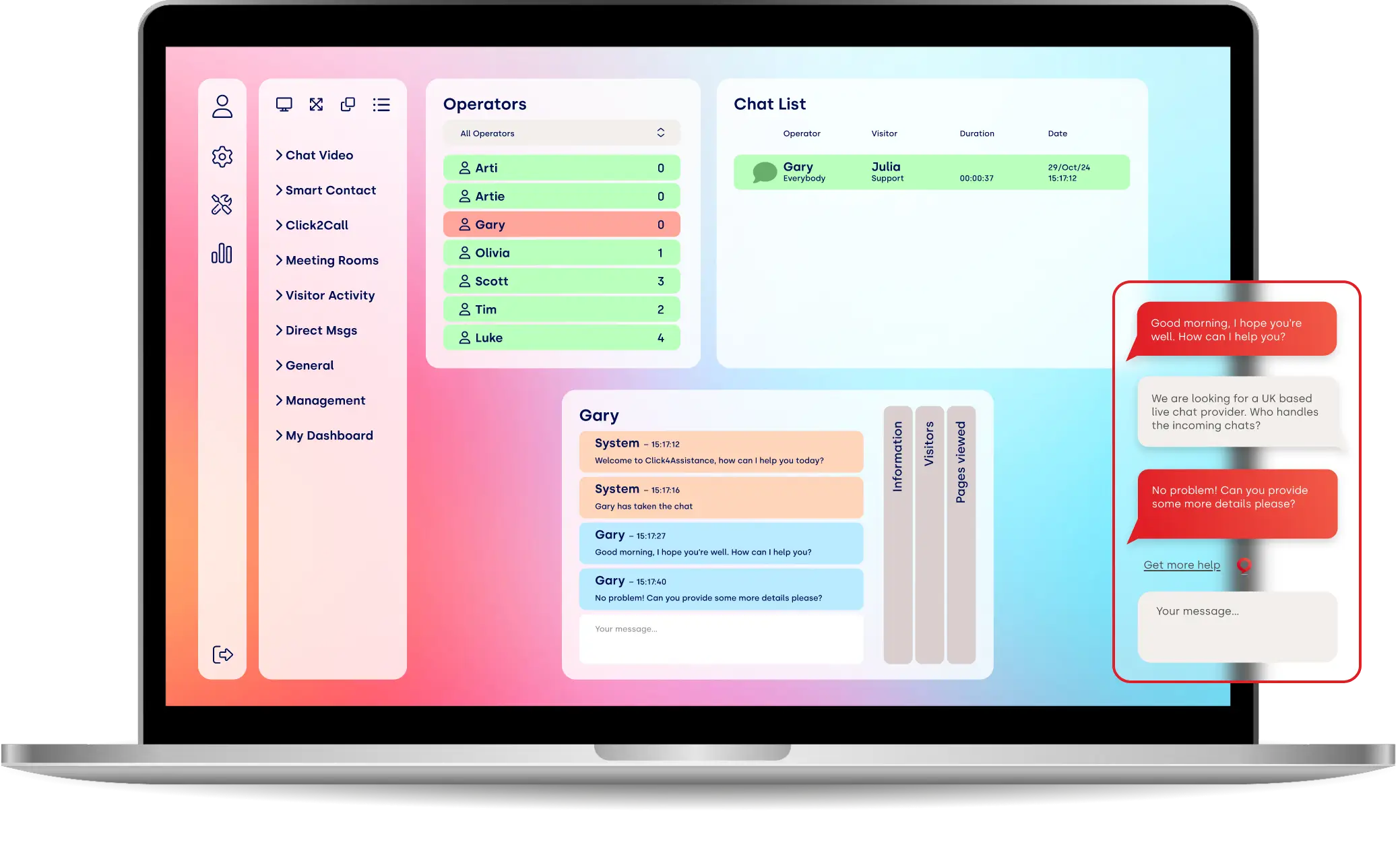Google Bard vs ChatGPT: Who will win the AI Chatbot race?

If Google wants Bard to compete with ChatGPT-powered tools, it must learn to take more risks. Otherwise, Microsoft’s new AI-powered Bing could dominate.
When ChatGPT launched on November 30 last year, it heralded a new dawn for civilisation. Many commentators saw it as a “Gutenberg Press-level event,” similar in magnitude to the invention of mass publishing.
Now the rest of the world is trying to catch up. Google, Microsoft and others are locked in a fierce arms race to develop the best AI tools, and the winner could dominate the market for years to come.
Google Bard’s troubled beginnings
Google announced it would release its experimental chatbot, Bard, at the start of February. Analysts expect the tool to offer search-modified capabilities, similar to ChatGPT.
Like Microsoft’s new Bing, the search giant will test its new chatbot with small, private groups first before rolling it out to the public. Chief executive, Sundar Pichai, is keen to provide users with a potent answer engine, but he knows the risks.
Unfortunately for Google, we are already seeing evidence of this. Bard provided the wrong answer to a question in a promotional video in early February, wiping out more than £82 billion off Alphabet’s stock market value.
In a video demonstration, users posed the chatbot the question: “What new discoveries from the James Webb space telescope (JWST) can I tell my nine-year-old about?”
It replied scientists used the JWST to take the first pictures of a planet outside of the solar system. However, this information was false. US Centre for Astrophysics expert, Grant Tremblay, said in a tweet: “Not to be a - well, actually- jerk and I’m sure Bard will be impressive, but for the record: JWST did not take “the very first image of a planet outside our solar system. The first image was instead done by Chauvin et al. (2004) with the VLT/NACO using adaptive optics.”
With that said, these teething problems probably won’t undermine the tool long-term. Bard uses a similar generative large language model to ChatGPT called LaMDA (short for Language Model for Dialogue Applications), which has already proven exceptionally powerful. It can write essays, complete segments of website code, and answer virtually any question based on natural language instructions.
Given Google’s enormous budget and teams of engineers, it is likely that LaMDA is more powerful than ChatGPT, a tool created by the tiny San Francisco start-up, OpenAI. However, the company’s risk aversion could be its downfall.

Which technology will dominate?
The current crop of generative large language model (LLM)-powered AIs chatbots represent the result of more than a decade of research. According to industry insiders, such as Meta’s Yann LeCun, the world did not witness a breakthrough in the underlying technology last November when ChatGTP became available to the public. Instead, OpenAI created an interface regular users’ could use to ask questions.
As such, Google isn’t behind on technology. Alphabet began hiring teams of artificial intelligence specialists and poaching academics from leading higher education institutions after buying AI start-up DeepMind in 2014.
Instead, the real issues relate to economics. Google, like any large, entrenched organisation, doesn’t want to take risks.
Evidence suggests Google began developing Bard’s neural network in 2017 under its Transformer architecture, something that would later serve as the foundation of LaMDA. However, the company still hasn’t built any compelling ChatGPT-like products. As such, its AI capabilities remain largely hidden from the public, with only a few teasers here and there at Google I/O.
OpenAI, on the other hand, doesn’t face this restriction. The company is a start-up, meaning it can afford to strike out and do something new. It doesn’t have a brand to protect or shareholders to please, so rolling out an unfinished, bug-ridden tool is more feasible.
Google’s CEO, Sundar Pichai, knows his company is in a different position. The search engine has more than four billion users worldwide, and people rely on it for factual information. If it releases Bard and the tool starts spamming the public with false information, it could lead to chaos and irreparable brand damage.
Therefore, Google may still lose the AI arms race even if it has superior technology. Board members and investors may not permit management to take risks to build a solid AI-powered search lead because it might affect the company’s existing business model.
Google’s real competition is Microsoft. Whereas Google has more than 90 per cent of the search market (outside of China), Bing has less than three per cent. Therefore, even if generative LLMs provide some users with nonsense or false statements, it’s not as big a deal. Microsoft can always fall back on its core competencies: operating systems, business intelligence, and the cloud, to keep shareholders happy.
Crucially, we already see Microsoft taking big risks. The ChatGPT-powered version of Bing is already available to users willing to sign up. And despite teething problems, Microsoft is keeping it open for the public to use.
Therefore, Google – the ultimate disrupter – may fall prey to disruption. Corporate sclerosis means that it might not counter Bing’s new ChatGPT-powered AI – at least, not immediately.
Direct competition from OpenAI is less likely. The Elon Musk-sponsored firm is not trying to compete with Google because its mission to “ensure that artificial general intelligence benefits all of humanity” is different. It just seems like a rival right now because of the sheer potency of its creation.
Even so, the release of ChatGTP appears to have been a wake-up call for the slumbering giant. Following the tool’s release, the company called founders Larry Page and Sergey Brin to review its product roadmap and establish processes to speed up project approvals.
Google will also speed up the rollout of more than twenty AI-powered products in the pipeline this year, according to the New York Times. AI search features, the company claims, will arrive soon and provide users with a more conversational experience.
Because of these developments, the best web chat for website owners will change. The advent of these radically more powerful technologies will filter into the customer service space, offering companies the opportunity to automate even more interactions.























